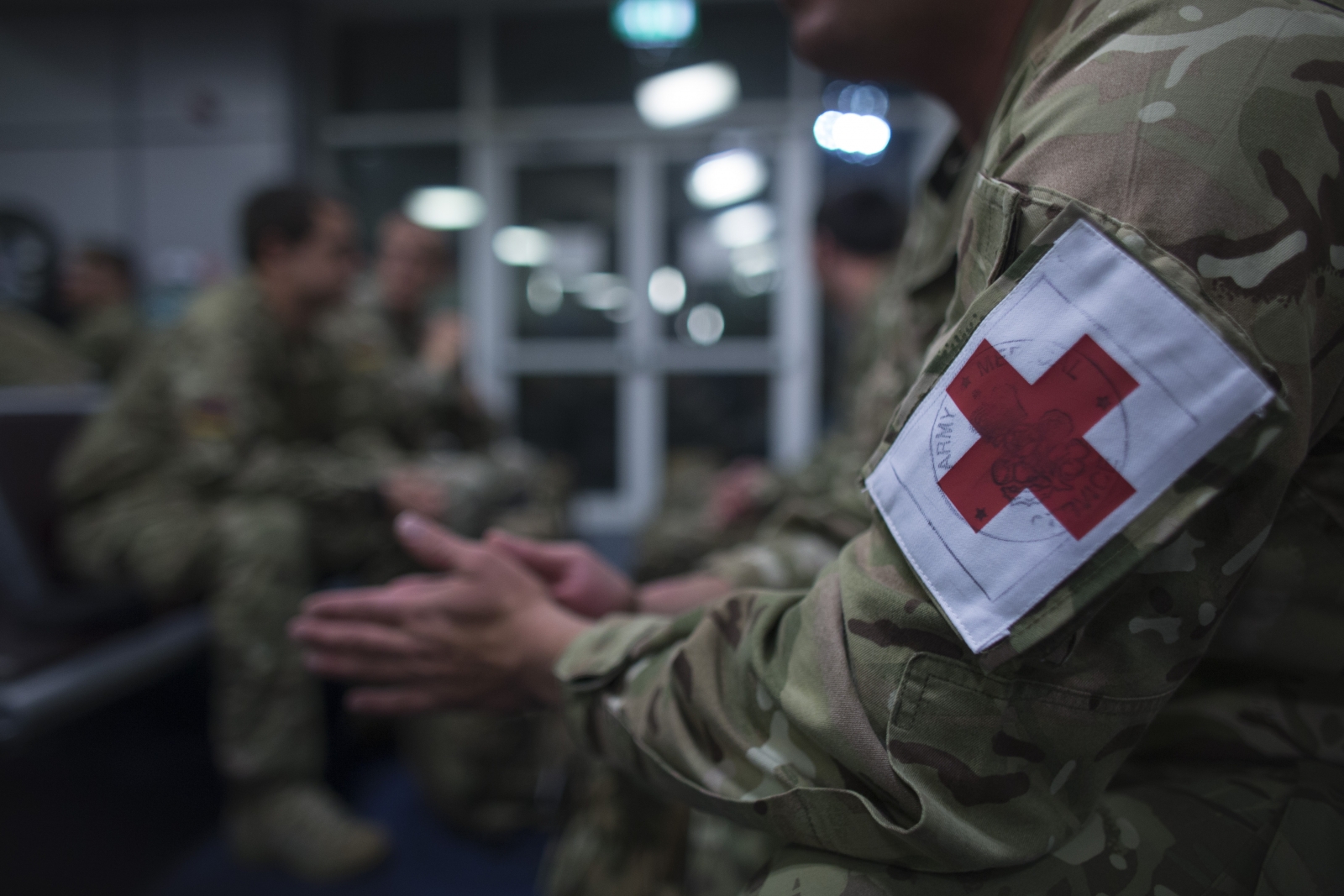'Highly effective' vaccine developed against Ebola, health body confirms
None of the 5,837 people who got the vaccine in a trial recorded traces of the deadly virus.

An experimental vaccine developed to fight against Ebola has been found to be "highly effective", the World Health Organisation has said. In a major trial carried out in Guinea, none of the 5,837 people who received the rVSV-ZEBOV vaccine recorded any traces of the deadly virus 10 days or more after vaccination.
Meanwhile, 23 cases were recorded among the 6,007 people who were not vaccinated.
"While these compelling results come too late for those who lost their lives during West Africa's Ebola epidemic, they show that when the next Ebola outbreak hits, we will not be defenceless," said Dr Marie-Paule Kieny, WHO's Assistant Director-General for Health Systems and Innovation and the study's lead author.
The WHO said it recognised the need to develop a vaccine for Ebola, after it claimed more than 11,300 people's lives between 2013 and 2016.
It worked alongside the vaccine's manufacturer Merck, Sharpe & Dohme to develop the drug and to enable faster regulatory approval from the United States Food and Drug Administration and from the European Medicines Agency.
The trial took place in Guinea, as the African country was still experiencing new Ebola cases when testing started in 2015.
Dr KeÏta Sakoba, Guinea's Director of the National Agency for Health Security, said: "Ebola left a devastating legacy in our country. We are proud that we have been able to contribute to developing a vaccine that will prevent other nations from enduring what we endured."
The study's findings were published in the Lancet medical journal on Friday (23 December).
Despite the high efficacy rate, authors said the further testing would be required to look at the safety of the vaccine in children and other vulnerable populations, such as those with HIV.
As a result of agreements between Merck and the WHO, if the vaccine is fully approved, the drug company will ensure that 300,000 doses of the vaccine would be available for emergency use. It must also submit the vaccine for licencing by the end of 2017.
© Copyright IBTimes 2024. All rights reserved.






